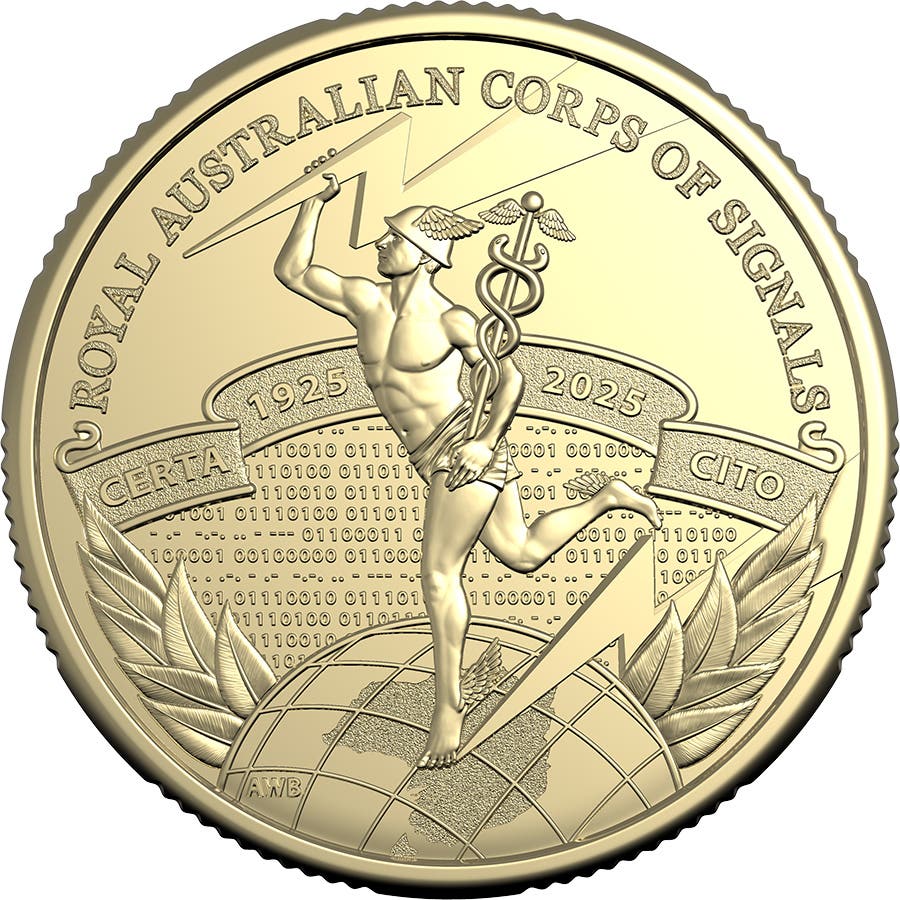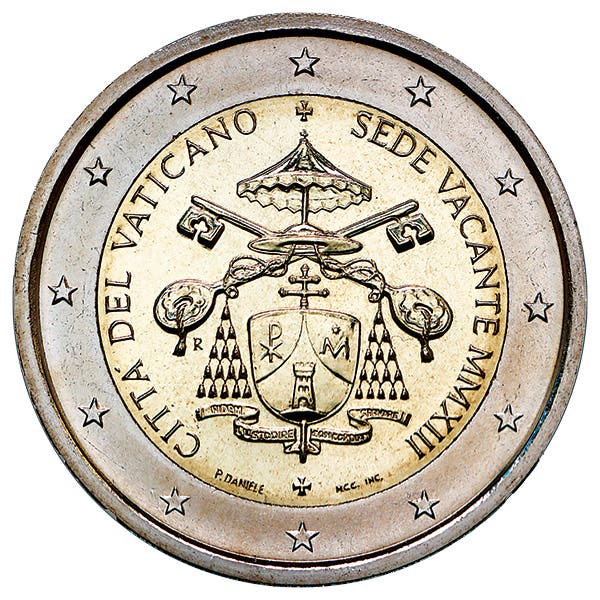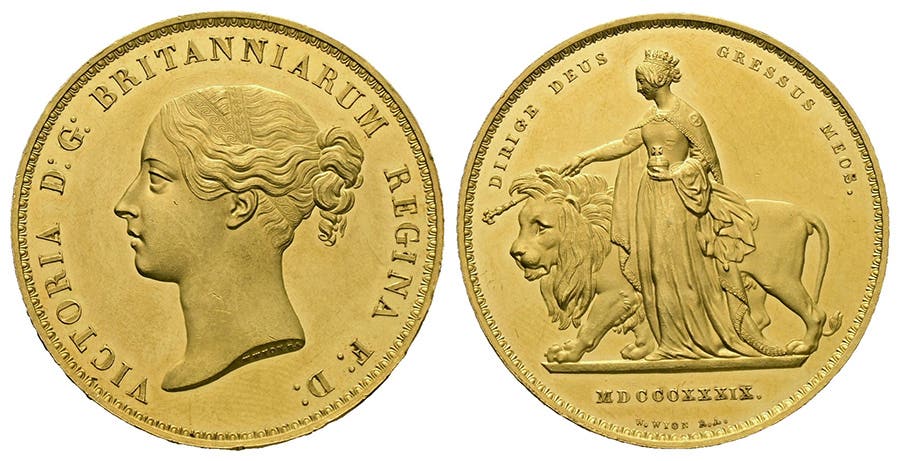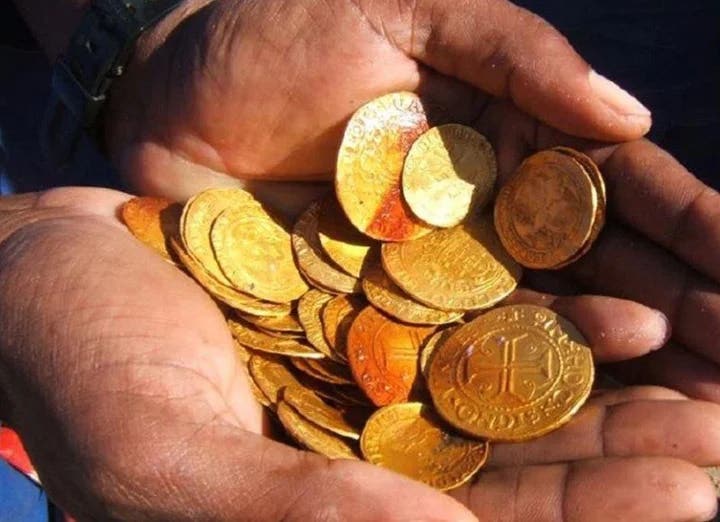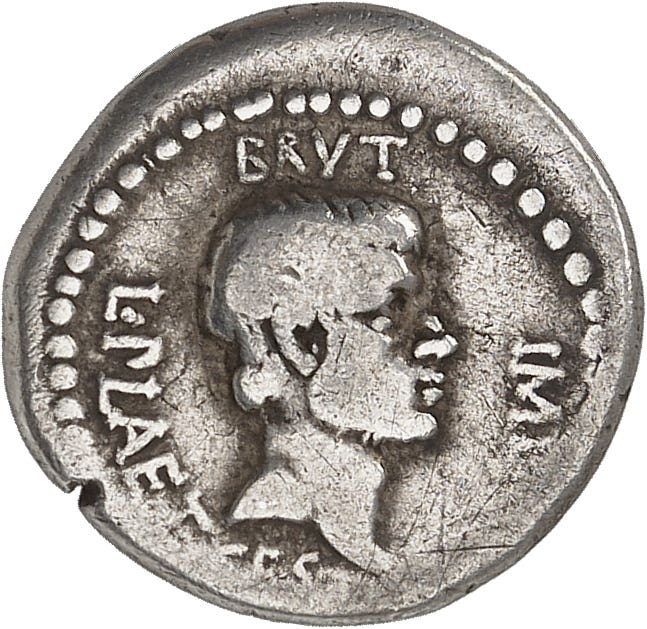Marshall Islands okays crypto-coin
If you can’t beat ’em, why not beat ’em anyway? That appears to be the attitude of the Marshall Islands towards what is legal tender on the Micronesian island archipelago…
If you can’t beat ’em, why not beat ’em anyway? That appears to be the attitude of the Marshall Islands towards what is legal tender on the Micronesian island archipelago situated in the Pacific Ocean.
The Marshall Islands was the easternmost part of the United Nations Trust Territory of the Pacific Islands until in 1986 the islands became independent under a Compact of Free Association. The Marshall Islands has been churning out non-circulating legal tender coins since 1986, almost none of which feature anything to do with the islands.
According to the MRI Bankers’ Guide to Foreign Currency, “United States currency is used. So-called ‘coins’ are issued for collectors. Redemption is limited to $10 per day, or a single coin if larger, is subject to a 10 percent fee, and must be done in person.”
At a question-and-answer numismatic website, a writer recently indicated Marshall Islands coins have not been redeemable since May 1997, but this contradictory information could not be verified. Marshall Islands coins are issued by privately owned mints licensed by the Marshall Islands government. Due to low collector demand and the face value of many of these issues exceeding the scrap metal value of the coins, “bullion tourists” at one time purchased large quantities, then traveled to the Marshall Islands to redeem them.
In February, the islands passed a law through which a digital currency named “sovereign” will be legal tender alongside the U.S. dollar. This drew a response from the International Monetary Fund, which stated the islands should “seriously reconsider” what they are planning.
According to a spokesman for the IMF directors, “[Marshall Islands] authorities should seriously reconsider the issuance of the digital currency as legal tender,” pointing out that the potential benefits of the move are much smaller than the potential costs of “economic, reputational and governance risks.”
There is a single domestic commercial bank on the islands. That bank is, according to a Sept. 11 British Broadcasting Corporation news report, now in danger of losing its corresponding banking relationship with banks inside the United States. Without that relationship, there is no way to transfer dollars in and out of the Marshall Islands. This in turn would disrupt the much-needed foreign aid the islands depend on.
The sovereign, or SOV cryptocurrency, was developed with the Israel-based remittance startup Neema. According to Neema Chief Executive Officer Barak Ben Ezer, “These coins are unregulated and subject to capital gains tax as if they were stocks, and it created a situation in which these currencies could not be used in everyday affairs. When I tried to understand why it was stuck, I read a circular by the IRS, where it was written that the definition of money is ‘the legal tender of a sovereign state,’ so I said that if that’s what they say, let’s find a state and create a digital currency together with it, which is its legal tender.”
Ben Ezer continued, “I was looking for a country that would be open to the idea of adopting a cryptocurrency as legal tender. I ruled out countries like Sweden and went to the smallest countries in the world. The smaller the country, the easier it will be for it to adopt such a currency. I added another parameter – a country that does not have its own currency. That’s how I got to the Marshall Islands.”
The law legalizing SOV passed in February and was drafted with the help of Neema lawyers. According to Neema attorney Yuval Shalhevet, “The state did not want to turn into a shelter for money launderers. They were afraid of lawsuits against them, so we built up barriers. Once someone converts the coin to fiat money, there will be a face recognition process. This process does not exist at the initial offering stage, as is customary in ICOs. The technique will be using face detection technology to make sure that it is the right person who draws the money.”
Shalhevet continued, “The tax authorities are the first to deal with the crypto coins, and if they think there is a problem with a tax shelter, they can fix it right away. Now the intention is to raise $30 million, that’s not exactly the amount of a tax shelter. Additionally, the document defines exactly how much the coins will grow every year, and there is also a set quantity for the pre-sale – so it’s not really a tax haven.”
Can a crypto-coin save the day as banking connections are lost?
This article was originally printed in World Coin News. >> Subscribe today.
If you like what you've read here, we invite you to visit our online bookstore to learn more about Standard Catalog of World Coins, 2001-Date.



